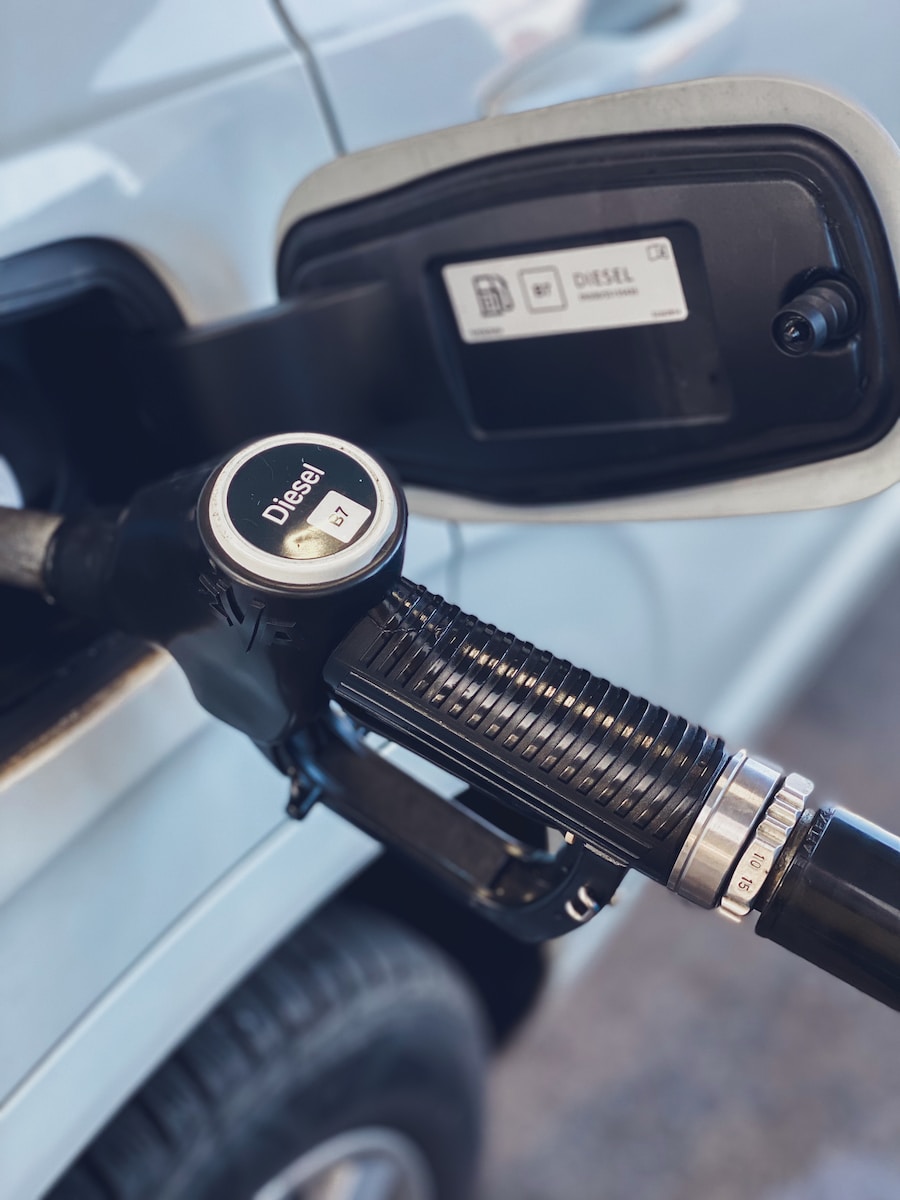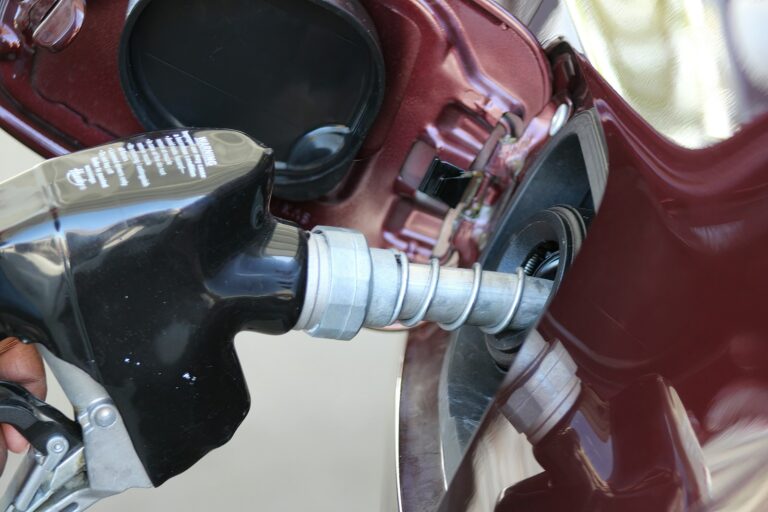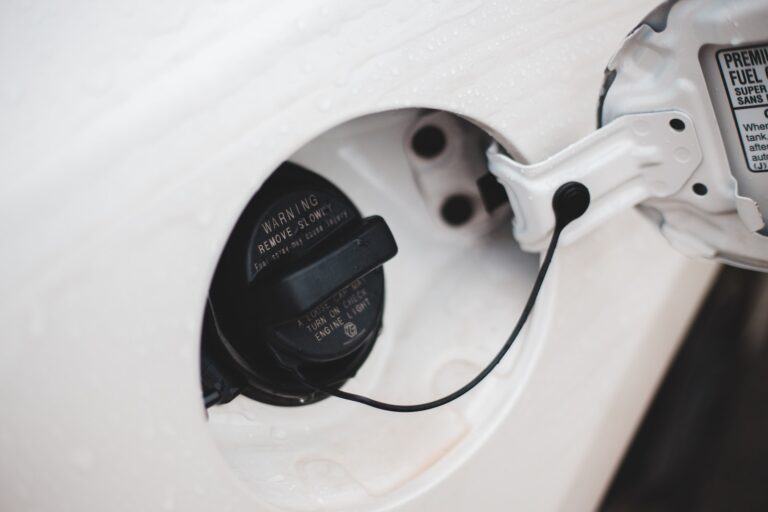Should a Diesel Fuel Tank Have Pressure?
C
If you’ve ever wondered whether your diesel fuel tank should have pressure — or if you’ve noticed unusual behavior when removing the fuel cap, such as hissing sounds or fuel leakage — you’re not alone. Many diesel vehicle owners are confused about how pressure works in their fuel system.
In this comprehensive guide, we’ll explore the mechanics behind diesel fuel tank pressure dynamics, clarify common misconceptions, and explain why maintaining proper pressure equilibrium is crucial for safe and efficient operation. We’ll also distinguish between the high-pressure environment of the fuel injection system and the low-pressure (or no-pressure) conditions within the fuel tank itself.
By the end of this article, you’ll understand:
- Whether diesel fuel tanks should be pressurized
- The role of venting systems
- How temperature affects tank pressure
- Common symptoms of abnormal pressure
- And what to do if you suspect a problem
Let’s dive into the science and engineering behind diesel fuel tank pressure management.
Key Takeaways
- Diesel Tanks Are Not Pressurized Vessels: Unlike compressed gas tanks, diesel fuel tanks are not designed to hold significant positive pressure. Their main function is to allow atmospheric pressure to maintain balance while delivering fuel to the engine.
- Venting Is Critical: Proper venting prevents dangerous pressure build-up or vacuum formation inside the tank due to fuel usage or temperature changes.
- Fuel Injection vs. Tank Pressure: High-pressure fuel injection systems operate at 15,000–40,000+ PSI, but the tank only needs to supply fuel under slight suction (3–10 PSI).
- Pressure Sensors Monitor, Not Regulate: Modern vehicles use fuel tank pressure sensors to detect leaks or blockages in the EVAP system, triggering diagnostic codes if issues arise.
- Abnormal Pressure = Serious Problems: Both excessive pressure and vacuum can cause fuel starvation, tank deformation, leaks, and emissions system failures.
The Role of Pressure in Diesel Fuel Systems
Not Actively Pressurized – But Pressure Still Matters
Contrary to popular belief, diesel fuel tanks are not actively pressurized. They operate under near-atmospheric pressure with small, transient fluctuations caused by environmental and operational factors. The goal of the tank’s design is to maintain equilibrium with the atmosphere, ensuring smooth fuel delivery and preventing mechanical stress on the tank walls.
However, improper pressure management can lead to serious consequences, including fuel pump failure, performance issues, or even safety hazards.
Why Venting Is Essential
Fuel tanks must be equipped with ventilation systems that allow air to enter or exit as needed. This serves two primary purposes:
- Preventing Vacuum Formation
- As the engine draws fuel from the tank, a vacuum begins to form. Without proper venting, this vacuum increases, making it harder for the fuel pump to draw fuel.
- Symptoms include:
- Engine stalling or hesitation
- Whistling or sucking noises from the tank area
- Premature fuel pump wear due to cavitation
- In extreme cases, plastic tanks may collapse inward
- Managing Positive Pressure from Heat Expansion
- Diesel fuel expands when heated. If the tank cannot vent excess pressure, fuel may leak through seals, filler caps, or sending units.
- Risks include:
- Fuel odor
- Environmental contamination
- Overloading of evaporative emission control systems
- Potential fire hazard
Types of Venting Systems
There are two major types of venting systems used in diesel vehicles:
1. Open Venting Systems (Older Vehicles)
These systems simply allow fuel vapors to escape directly into the atmosphere. While simple and reliable, they contribute to air pollution.
2. Closed Venting / EVAP Systems (Modern Vehicles)
Designed to meet stricter emissions standards, these systems capture fuel vapors in a charcoal canister and route them to the engine for combustion when appropriate.
Components of a Modern EVAP System Include:
- Fuel Tank Pressure Sensor (FTPS): Monitors pressure/vacuum levels and reports to the ECU.
- EVAP Canister: Stores fuel vapors until they can be purged into the intake manifold.
- Purge Solenoid: Controls the release of stored vapors into the engine.
- Vent Valve/Solenoid: Regulates airflow in and out of the canister.
- Rollover Valve: Closes the vent in case of vehicle rollover to prevent fuel spillage.
A malfunction in any of these components can disrupt pressure equilibrium and trigger fault codes.
Fuel Pump Suction vs. Injector Pressure
It’s important to differentiate between the low-pressure side of the fuel system (tank and lift pump) and the high-pressure side (injection system):
| Component | Function | Typical Operating Pressure |
|---|---|---|
| Lift Pump | Draws fuel from the tank to the high-pressure pump | 3–10 psi (suction) |
| High-Pressure Pump | Feeds injectors in modern systems like CRDI or HEUI | 15,000–40,000 psi |
| Injectors | Deliver atomized fuel into combustion chamber | Same as high-pressure pump |
The tank doesn’t need to generate or withstand high pressure; it only needs to provide fuel under minimal resistance so the lift pump can do its job effectively.
Temperature and Its Impact on Tank Pressure
Temperature plays a major role in fuel tank pressure dynamics:
- Heat Causes Expansion: On hot days or after long drives, fuel expands, increasing internal pressure. A properly functioning vent allows this pressure to escape.
- Cooling Causes Contraction: After shutdown, cooling fuel creates a partial vacuum. The vent system must allow air to re-enter to equalize pressure.
Without proper thermal compensation via venting, both overpressure and vacuum conditions can occur, leading to mechanical damage or performance issues.
Abnormal Pressure Conditions and Their Effects
Excessive Positive Pressure
Causes:
- Blocked vent lines
- Faulty purge valve
- Overfilling the tank
- Hot weather or engine heat soak
Symptoms:
- Fuel dripping or spraying from filler neck
- Difficulty opening the fuel cap
- Strong fuel smell
- Illuminated Check Engine Light (e.g., P0455)
Excessive Negative Pressure (Vacuum)
Causes:
- Faulty vent valve
- Collapsed or kinked vent line
- Failed rollover valve
- Improper fuel cap seal
Symptoms:
- Hard starting or frequent stalling
- Reduced power or rough idling
- Fuel pump noise or overheating
- Visible tank deformation (especially in plastic tanks)
Diagnosing and Addressing Pressure Issues
Modern diesel vehicles use onboard diagnostics to monitor fuel system integrity. The Fuel Tank Pressure Sensor (FTPS) plays a key role here. It detects abnormal pressure changes and signals the ECU to store trouble codes related to the EVAP system.
Common Diagnostic Trouble Codes (DTCs):
- P0455: Large Leak Detected in EVAP System
- P0442: Small Leak Detected in EVAP System
- P0451: Fuel Tank Pressure Sensor Range/Performance Problem
- P0440: Evaporative Emission Control System Malfunction
What a Technician Will Do:
- Scan for DTCs: Read error codes using an OBD-II scanner.
- Monitor Live FTPS Data: Observe real-time pressure readings during different operating conditions.
- Smoke Test the EVAP System: Inject smoke into the system to visually identify leaks.
- Inspect Components: Check the fuel cap, filler neck, vent lines, valves, and tank for cracks, blockages, or disconnections.
- Repair or Replace: Clear obstructions, replace faulty parts, or repair damaged components.
Safety Considerations
Never attempt to test or modify the pressure in your diesel fuel tank manually. These systems are sealed for safety and emissions compliance. Introducing external pressure can:
- Damage sensitive components
- Cause fuel leaks
- Pose a fire risk
- Trigger false diagnostic codes
Always consult a qualified technician if you notice signs of abnormal pressure or receive dashboard warnings related to the fuel system.
Conclusion: Diesel Fuel Tanks Aren’t Meant to Be Pressurized — But Pressure Management Matters
To answer the question: No, diesel fuel tanks are not supposed to be pressurized. However, they must manage minor pressure fluctuations efficiently through proper venting.
Understanding the difference between the high-pressure demands of the fuel injection system and the atmospheric requirements of the fuel tank is essential for diagnosing issues and maintaining optimal performance.
Whether you drive a classic diesel pickup or a modern commercial truck, keeping your fuel tank venting system in good condition ensures:
- Reliable fuel delivery
- Long life for your fuel pump
- Compliance with emissions regulations
- Overall safety and efficiency
If you’re experiencing fuel-related issues or warning lights related to the EVAP system, don’t ignore them. Early diagnosis and repair can prevent costly damage and keep your diesel running smoothly for years to come.
Final Thoughts
The next time you hear someone ask, “Should my diesel fuel tank have pressure?” you’ll know the correct answer: no, it shouldn’t be pressurized — but it must be able to breathe. With the right knowledge and maintenance, you can ensure your diesel fuel system operates safely and efficiently, no matter the conditions.



